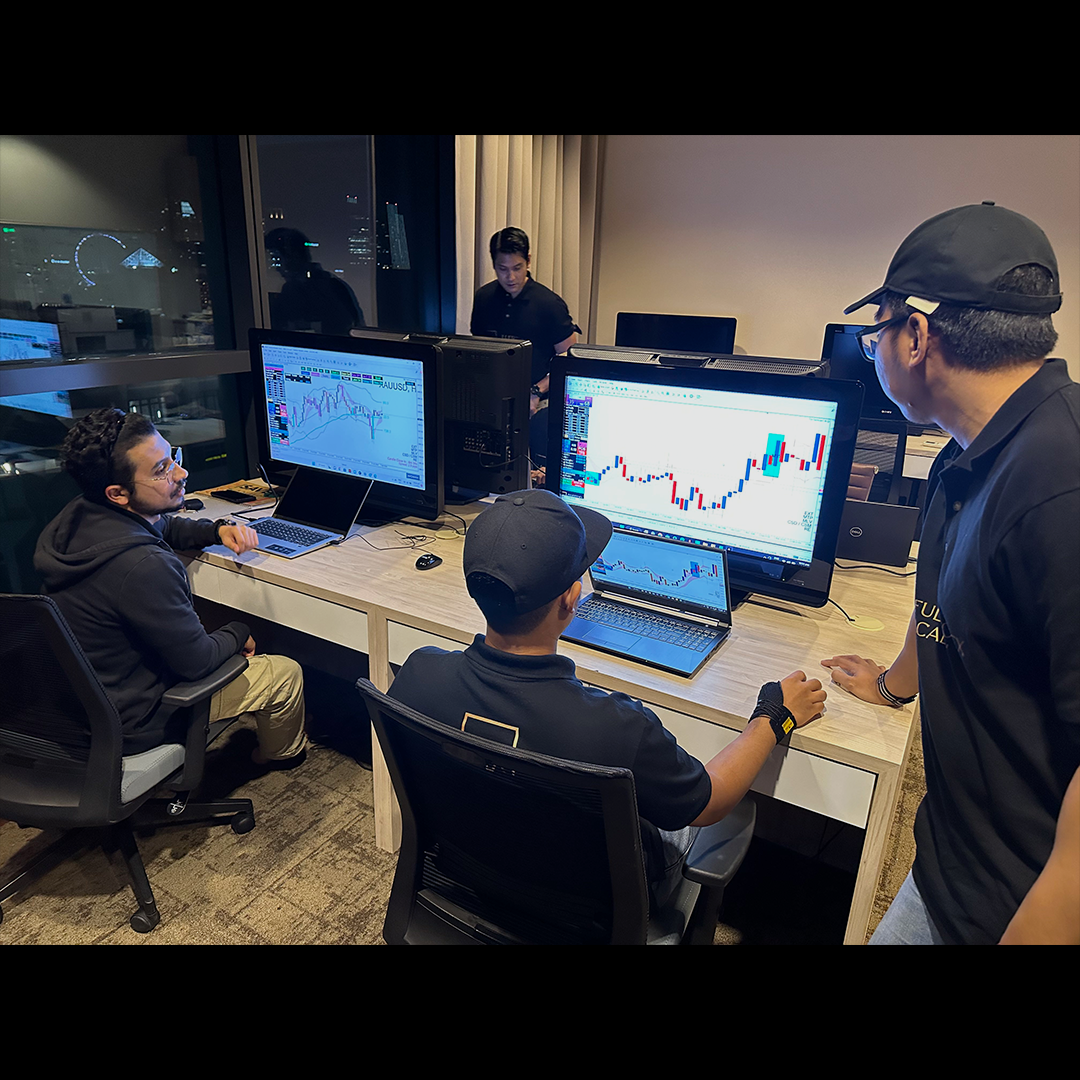The international exchange (forex) market, noted for its vast liquidity and 24-hour trading pattern, attracts traders world wide, including many in trading course in singapore. Understanding the fundamentals of forex trading is essential for anybody trying to achieve that powerful market. Singapore, a number one financial center, presents a number of important classes that offer a great base in forex market fundamentals. Here is a glance at some of the essential facets of these courses and why they're crucial for future traders.

1. Understanding Industry Mechanics
One of the major stresses of crucial forex courses in Singapore is knowledge the technicians of the forex market. These courses protect the basic structure of the forex industry, including how currencies are dealt in couples, the role of important financial institutions, and the operates of various forex industry participants. Individuals understand the market's operating hours, the idea of quote and ask prices, and how currency pairs are quoted. That foundational information is crucial for holding how trades are performed and how market dynamics impact currency values.
2. Studying Currency Couples
Forex classes in Singapore also highlight the importance of examining currency pairs. Knowledge how to see currency pair quotes and read price activities is fundamental to making educated trading decisions. Classes train members how to use specialized analysis tools, such as for example information designs and signals, to analyze historic cost information and anticipate potential movements. Also, basic examination is protected, which requires assessing financial signals, geopolitical events, and market news that influence currency prices.
3. Chance Management Practices
Powerful risk administration is a cornerstone of effective forex trading, and necessary courses in Singapore position substantial focus on that aspect. Members understand numerous risk management techniques, including placing stop-loss and take-profit orders, managing power, and calculating position sizes. Classes often include useful exercises that help traders apply these techniques in simulated trading scenarios. Learning chance administration is a must for guarding money and ensuring long-term achievement in the risky forex market.
4. Establishing Trading Methods
Developing a stable trading strategy is another crucial component of forex market fundamentals. Crucial courses guide individuals through the process of developing and screening trading techniques predicated on technical and basic analysis. They cover various kinds of trading methods, such as scalping, time trading, and swing trading, and describe how to choose a strategy that aligns with specific trading goals and risk tolerance. Useful workouts and event reports support individuals refine their techniques and learn how to use them in several industry conditions.
5. Leveraging Trading Systems
Knowledge of trading programs is vital for executing trades successfully, and forex classes in Singapore offer hands-on training with common trading platforms. Individuals discover ways to understand platforms, perform trades, create signals, and utilize different analytical tools. Knowledge how to use trading platforms successfully enables traders to make fast and educated choices, enhancing their overall trading performance.
6. Appropriate and Regulatory Concerns
Programs also address the legal and regulatory aspects of forex trading, which are specially appropriate in Singapore. Players find out about the regulatory environment, including directions collection by the Monetary Power of Singapore (MAS). Knowledge these regulations assists traders adhere to legal requirements and prevent possible problems, ensuring that their trading activities are done within a protected and regulated framework.

In conclusion, essential forex classes in Singapore offer a comprehensive foundation in forex market fundamentals. By covering market aspects, currency couple evaluation, risk management, technique development, trading tools, legal criteria, and realistic experience, these programs equip future traders with the data and skills needed seriously to steer the forex industry successfully. Buying these elementary programs is a crucial stage towards reaching proficiency and accomplishment in forex trading.
